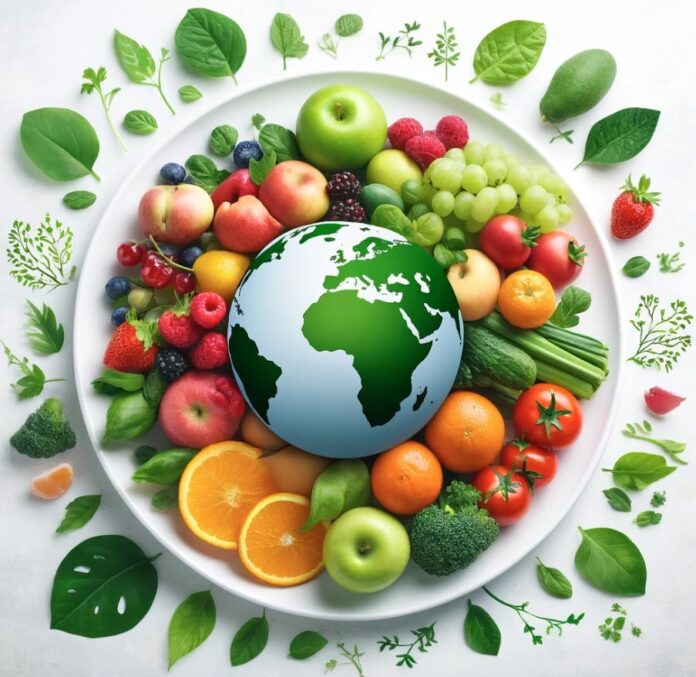Across the globe, a quiet revolution is taking place in kitchens and dining spaces as more people turn towards a vegan lifestyle. Embracing plant-based diets isn’t merely a trend but a committed move towards sustainable living, respecting animal welfare, and improving personal health.
The Rise of Veganism Globally
Recent surveys indicate that the vegan population has surged dramatically in various parts of the world. This boom is supported by a growing array of vegan products in supermarkets and an increase in vegan-friendly restaurants. What started as a niche diet has blossomed into a mainstream phenomenon, as people from all walks of life—celebrities, athletes, and families alike—adopt veganism.
Why Go Vegan?
For many, the transition to veganism is driven by a trio of compelling reasons: health, ethics, and the environment. Nutritionally, a well-planned vegan diet is rich in fibre, vitamins, and antioxidants, offering benefits such as lower risks of heart disease, hypertension, type 2 diabetes, and certain cancers. Ethically, veganism offers a peaceful protest against animal cruelty and exploitation. Environmentally, it represents a step away from the resource-heavy demands of meat and dairy production.
Health Benefits Compared to a Meat Diet
Cardiovascular Health: Numerous studies have shown that vegans tend to have lower levels of cholesterol and blood pressure compared to meat-eaters, reducing the risk of heart disease. Plant-based diets are naturally low in saturated fats and high in fibre, both of which are beneficial for heart health.
Weight Management: Vegans often have lower body mass indexes (BMIs) than their meat-eating counterparts. Plant-based diets are typically lower in calories but high in nutrients, which helps in maintaining a healthy weight and preventing obesity.
Diabetes Prevention: A vegan diet can significantly lower the risk of developing type 2 diabetes. This is partly due to the higher intake of whole grains, fruits, vegetables, legumes, and nuts, which help improve blood sugar control.
Cancer Risk: Research suggests that a diet rich in fruits and vegetables can lower the risk of certain types of cancer, particularly colon cancer. The antioxidants and phytochemicals found in plant foods contribute to these protective effects.
Digestive Health: The high fibre content in a vegan diet promotes healthy digestion and can help prevent common gastrointestinal issues like constipation, diverticulitis, and irritable bowel syndrome (IBS).
Nutrient Intake: While meat is a source of protein, iron, and vitamin B12, a balanced vegan diet can provide all necessary nutrients through plant sources and supplements if needed. Legumes, tofu, nuts, seeds, and fortified foods are excellent vegan protein sources.
Challenges and Triumphs
Transitioning to a vegan lifestyle is not without its challenges. New vegans often struggle with limited choices at social events or the need for meticulous label reading. However, the rise of dedicated vegan and plant-based cooking shows, blogs, and cookbooks makes this journey easier and more enjoyable.
Moreover, community support plays a vital role. Vegan festivals, pop-up markets, and online communities offer newcomers advice, support, and camaraderie.
The Future is Green
As more people worldwide adopt a vegan lifestyle, the impact is palpable. There’s a decrease in the demand for meat-based products and an increase in sustainable agricultural practices. This shift is not just good for our health but vital for our planet.
The global vegan movement is more than just a dietary change—it’s a cultural shift towards a more ethical and sustainable future. As this movement grows, it promises not only better health outcomes but a significant positive impact on our planet.
Further Reading & Resources




